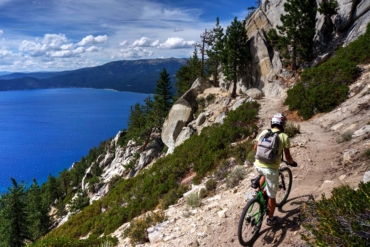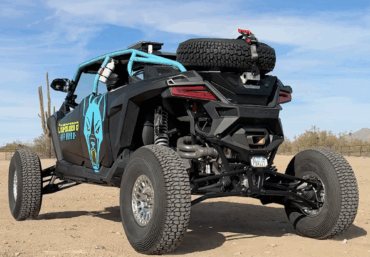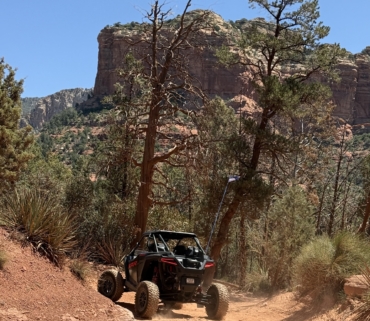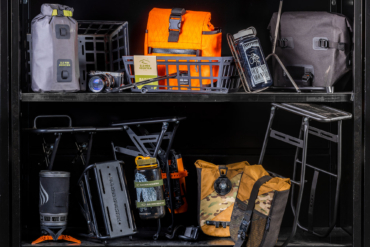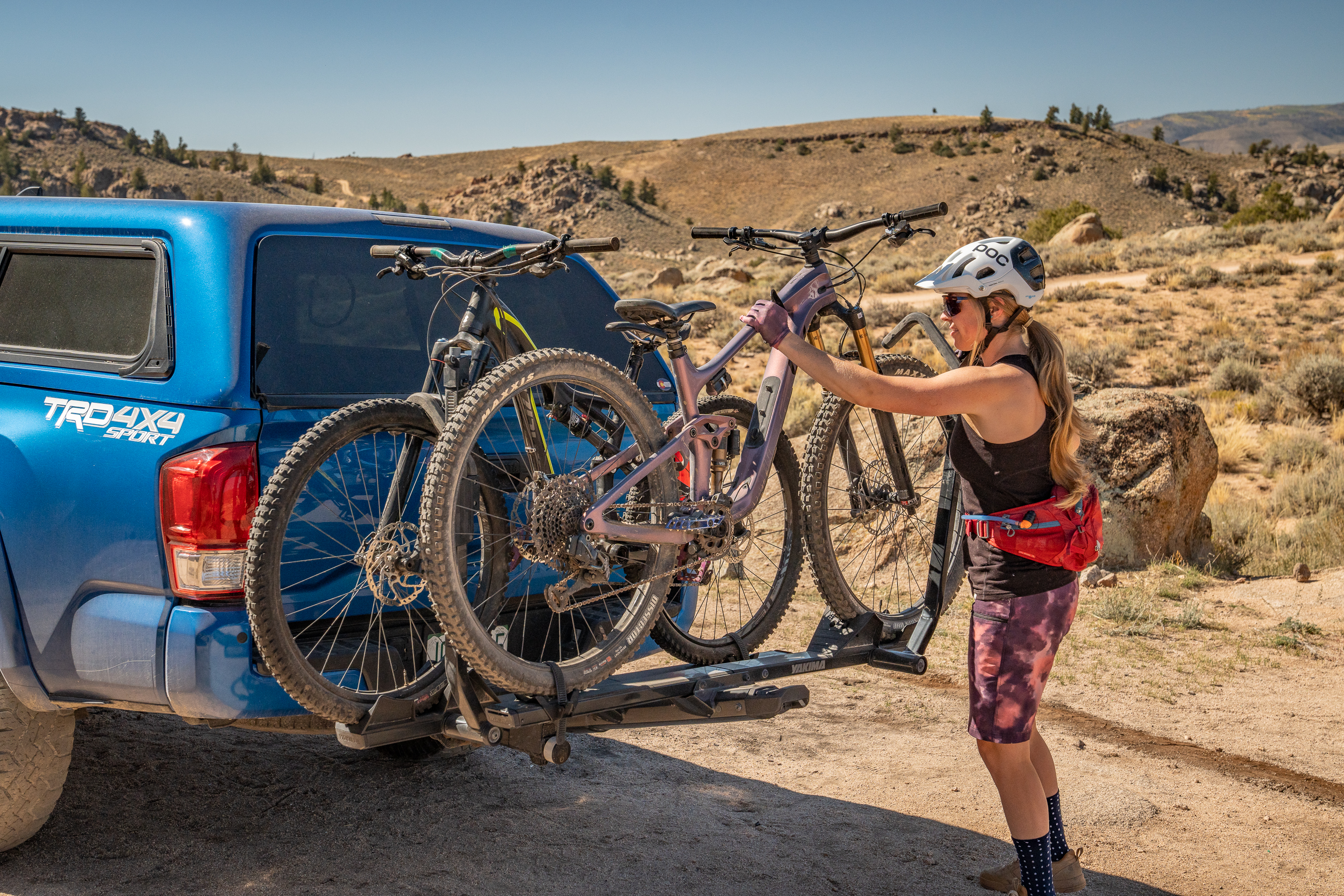Are bicycle derailleurs drifting into history, replaced by gearbox drivetrains?
Even accounting for the latest wireless drivetrains and ever-lighter wheels and componentry, riders of every discipline grapple with one fundamental truth: Cycling drivetrain mechanics have largely remained unchanged for a long, long time.
Nearly any bike you see will come equipped with a standard drivetrain with a derailleur that moves a bicycle’s chain up and down its gears. Cyclists frequently bend these derailleurs in crashes or snag them on trail obstacles as they hang low on the outer edge of the frame, often with expensive consequences.

As some companies dive into the electronic shifting revolution, others look to turn the basics of bicycle components on its head with the gearbox.
Rather than relying on a rear-mounted derailleur, gearboxes are seated right in the middle of a frame, with shifting components nestled safely inside a case that keeps them safe from impact and the elements. Derailleurs can’t match this fully protected location.
Of course, there are also cons to gearboxes. First, they usually cost significantly more than their chain-driven brethren. And you pay a significant weight penalty with a gearbox in exchange for the reliability and durability they afford. But for some, those tradeoffs may be worth it.
A Few Bicycle Gearbox Suppliers Ditching the Derailleur
The folks over at Pinion, who make P-Line and C-Line gearboxes for high-end bikes, say gearboxes provide a safe enclosure for shifting components, higher gear ratios, and way less maintenance than a traditional drivetrain. Pinion says its gearboxes are good for 10,000 km before even needing an oil change.

Effigear, another leading gearbox manufacturer, says automatic shifting is also in the cards. While these systems may have felt like a novelty several years ago, they are being adopted on various frames and have been for years.
Reeb Gearbox Bikes
Reeb Cycles is among numerous companies with gearbox drivetrain options. Of particular note is its Pinion Donkadonk fat bike. Reeb designed the Donkadonk to handle Colorado snow, with up to 4.5 inches of tire clearance and a 120mm RockShox Bluto fork.
It comes in a traditional drivetrain option, including the SRAM NX and GX group sets. But Reeb presses the issue of the utility of the gearbox in touting the Pinion build.

“We took the same proven REEBdonkadonk platform that’s been shredding ColoRADo snow-packed singletrack for years and took it up a notch,” Reeb’s website says. “No more snow-packed and frozen drivetrain. No more chain lube. Just perfect, reliable shifting with no hassle.”
The kicker, though, is the price tag. The Donkadonk goes for MSRP $5,300 in the NX build. The GX costs MSRP $6,250. The Pinion gearbox build is MSRP $10,500.
Zerode Bikes
Zerode Bikes have gone all-in on the gearbox with five models of sharp-looking frames in builds suited for trail or enduro riding.
The brand offers the 27.5-inch Taniwha, and 29-inch Katipo in trail or enduro builds for MSRP $6,275-6,860, depending on the build. The trail build comes with 140 mm of travel, while the enduro pushes it to 160 mm.

Additionally, the Taniwha Mullet is available with a 29-inch wheel in the front and a 27.5-inch rear wheel. The gearbox on these bikes contributes to their clean, sleek look. With full carbon frames and build options to suit different riding styles, Zerode is an example of the inroads that gearboxes have made in the mountain bike world.

For riders who fancy just the frameset, it goes for MSRP $4,600, which isn’t a crazy amount considering it comes loaded up with the Pinion gearbox system.
Viral Bikes
Viral Bikes titanium Skeptic and Dérive hardtail models also feature the Pinion system. The Dérive can be tailored for either 27.5- or 29-inch wheels and features Pinion’s c1.12 gearbox with a 600% gear range.

It comes with a Gates belt drive and cogs and is compatible with a 120mm fork. The frame and drivetrain kit costs MSRP $4,795. The Skeptic is the same price but is compatible with a beefier fork of 150-160mm.

Death to the Derailleur?
Gearbox bikes are slowly becoming more common. As more prominent brands begin to adopt them, more riders may be left struggling with whether they should ditch the derailleur.
The price point and extra weight still may be an issue for some riders, but you can only snap so many derailleur hangers before you start asking if there may be a better way.
The bicycle gearbox will continue to be an exciting change to monitor, and GearJunkie will strive to test them when available.



